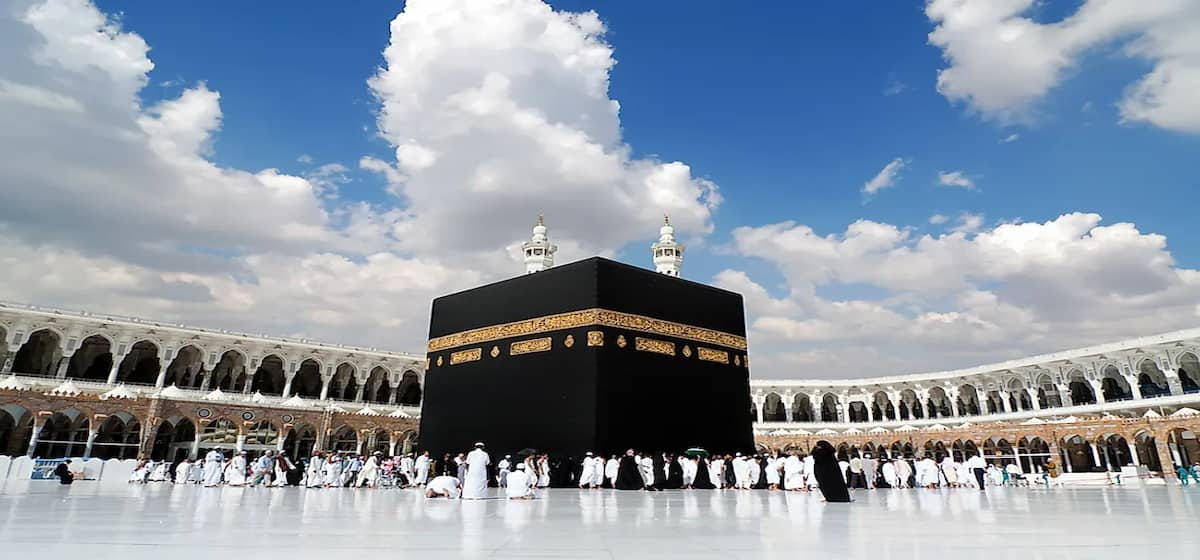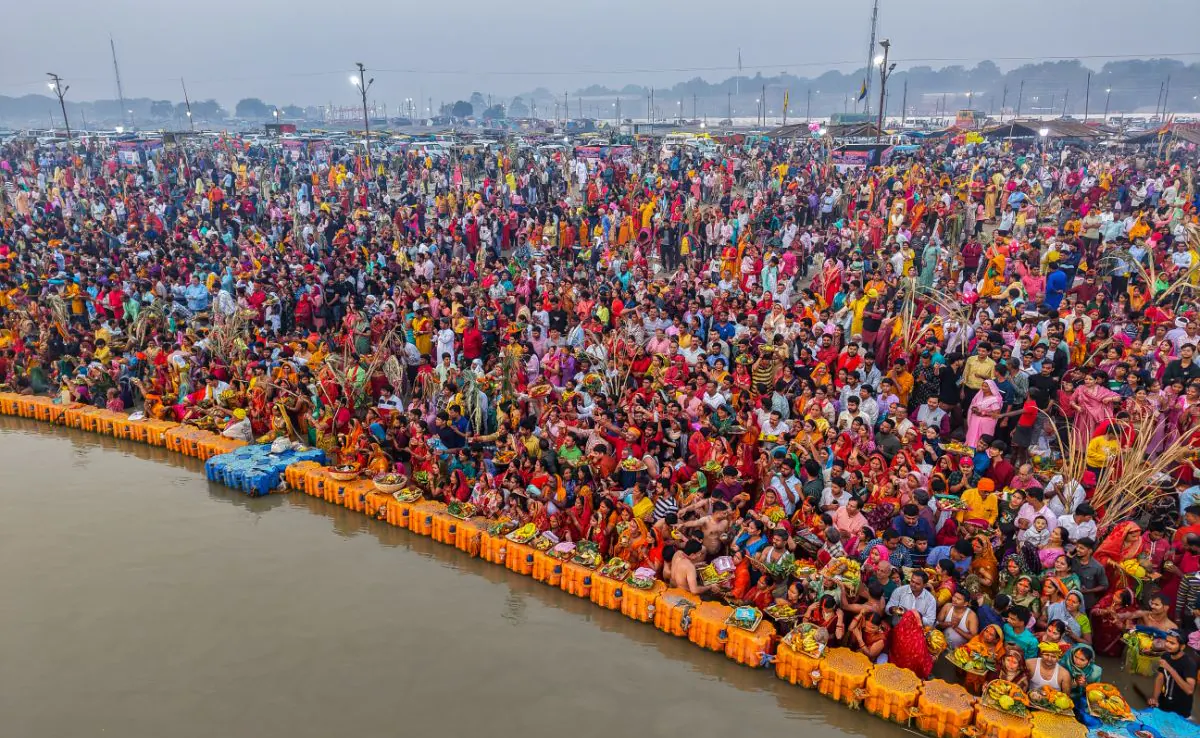Mecca, also known as Makkah, holds deep significance in Islam, particularly in the context of the Hajj, one of the five pillars of Islam. This holy city is not only the birthplace of Prophet Muhammad but also the center of annual pilgrimage for millions of Muslims.
The religious significance of Makkah is Important for Hajj
From a religious point of view, the significance of Mecca for the Hajj is unparalleled. Hajj is one of the five pillars of Islam, the fundamental act of worship and practice that defines a Muslim’s faith and practice. The importance of Hajj is mentioned in the Qur’an, Islam’s holy book: “And [mention] when We fixed the house for Abraham, [said], ‘Associate no one with Me and sanctify My House for them. Do Tawaf and those who stand (in prayer) and those who bow and prostrate themselves” (Quran 22:26). This verse highlights the divine command to honor Mecca as a central place of worship.
During the Hajj, Muslims perform a series of ceremonies designed to purify the soul and demonstrate submission to Allah. The pilgrimage includes Tawaf, which involves circumambulating the Kaaba seven times in a counter-clockwise direction. This ritual symbolizes the unity of Muslims and their submission to the one true God. Additionally, walking between Sa’i or Safa and Marwah hills is a key ritual that commemorates Hagar’s desperate search for water. The pilgrimage ends with a stand at Arafat, a plain near Mecca, where Muslims ask for forgiveness and express their devotion.
Spiritual Significance of Makkah is Important for Hajj

The spiritual significance of Mecca during Hajj is profound and transformative. For Muslims, Hajj is not just a physical journey but a deeply spiritual journey. The pilgrimage represents an opportunity for Muslims to renew their faith, seek forgiveness for past sins, and strengthen their relationship with Allah. The pilgrimage to Mecca is an expression of the believer’s surrender and devotion to God.
The concept of Ihram, the sacred state of purity entered by pilgrims before performing the Hajj, emphasizes the spiritual transformation that takes place during the pilgrimage. Pilgrims dress in white, a symbol of purity and equality, and abstain from worldly activities. This state of Ihram helps Muslims focus on their spiritual journey, leaving behind the distractions of everyday life. Hajj rituals including Tawaf and Sa’i deepen the spiritual connection between the pilgrim and Allah.
Mecca also plays an important role in fostering unity and brotherhood among Muslims. The annual pilgrimage brings together millions of Muslims from different backgrounds, cultures, and nationalities. This unity emphasizes the concept of Ummah, the world Muslim community, and demonstrates the equality of all believers before Allah. The shared experience of Hajj transcends racial, ethnic, and social barriers, strengthening a sense of global Islamic solidarity.
Theological basis
Mecca’s theological importance lies in its role as the qibla, or direction of prayer, for Muslims around the world. The Kaaba in Mecca is the focal point towards which Muslims direct their prayers (salah). This aspect was established by Allah as a unifying element for Muslims, reinforcing the centrality of Mecca in the Islamic faith. The change of Qibla from Jerusalem to Mecca is mentioned in the Qur’an: “We have certainly seen [O Muhammad] your face turned towards heaven. And We will surely turn you into a Qiblah with which you will be pleased. So turn your face towards Al-Masjid Al-Haram. And wherever you [believers] are, turn your faces towards it…” (Qur’an 2:144). This instruction highlights Mecca’s status as a central place of worship and its importance in the lives of Muslims.
Cultural and social influences

The importance of Mecca extends beyond its religious and spiritual significance. The city plays an important role in the cultural and social dimension of Islam. The Hajj journey instills a sense of community among Muslims and reinforces the values of charity, patience, and humility. It provides an opportunity for Muslims to engage in acts of worship and reflection, which are an integral part of their faith.
Furthermore, the economic and logistical aspects of Hajj also emphasize the importance of Mecca. Pilgrimage sites attract millions of visitors every year, requiring extensive infrastructure and services to accommodate the needs of pilgrims. The city’s economy is significantly affected by the Hajj season, and the Saudi government invests heavily in ensuring the smooth running of the pilgrimage.
To conclude, the importance of Mecca for Hajj is multifaceted, encompassing historical, religious, spiritual, theological, cultural, and social aspects. The city is the birthplace of the Kaaba, the center of worship for Muslims, and a symbol of unity and submission to Allah. The pilgrimage to Mecca represents a deep expression of faith and devotion rooted in the traditions of Prophet Ibrahim and his family. Through its sacred rituals and deep spiritual significance, Mecca holds a central place in the hearts of Muslims around the world.
Read Also: Where is Makkah Located
![]()





